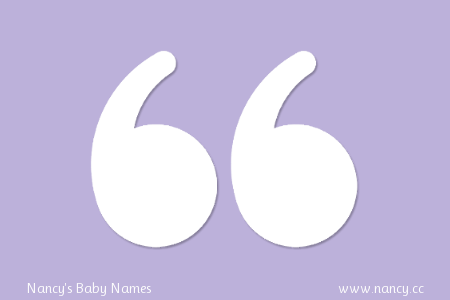According to British Columbia’s Vital Statistics Agency, the most popular baby names in the province in 2019 were Olivia and Oliver.
Here are British Columbia’s top 10 girl names and top 10 boy names of 2019:
Girl Names
- Olivia, 263 baby girls
- Charlotte, 176
- Emma, 167
- Ava, 153
- Sophia, 149
- Amelia, 141
- Chloe, 137
- Mia, 136
- Isla, 128
- Evelyn and Ella, 122 each (tie)
Boy Names
- Oliver, 233 baby boys
- Liam, 217
- Lucas, 216
- Ethan, 207
- Noah, 200
- William, 191
- Benjamin, 181
- Theodore, 171
- Leo, 163
- Logan, 156
In 2018, the top two names were Olivia and Liam.
In the girls’ top 10, Mia, Evelyn and Ella replaced Emily and Abigail.
In the boys’ top 10, Theodore replaced James.
Finally, some of the names bestowed just five times each in British Columbia last year include…
- Girl names: Anhad, Baani, Constance, Darya, Emberly, Gillian, Haisley, Ila, Jiayi, Kaelyn, Linden, Mina, Niya, Opal, Ravleen, Saanjh, Tayla, Veronika, Wendy, Zaynab
- Boy names: Arie, Baker, Casper, Douglas, Elon, Garrett, Henri, Israel, Joaquin, Kye, Leonidas, Malek, Navraj, Orson, Reginald, Sajjan, Thatcher, Vladimir, Wilfred, Zoravar

